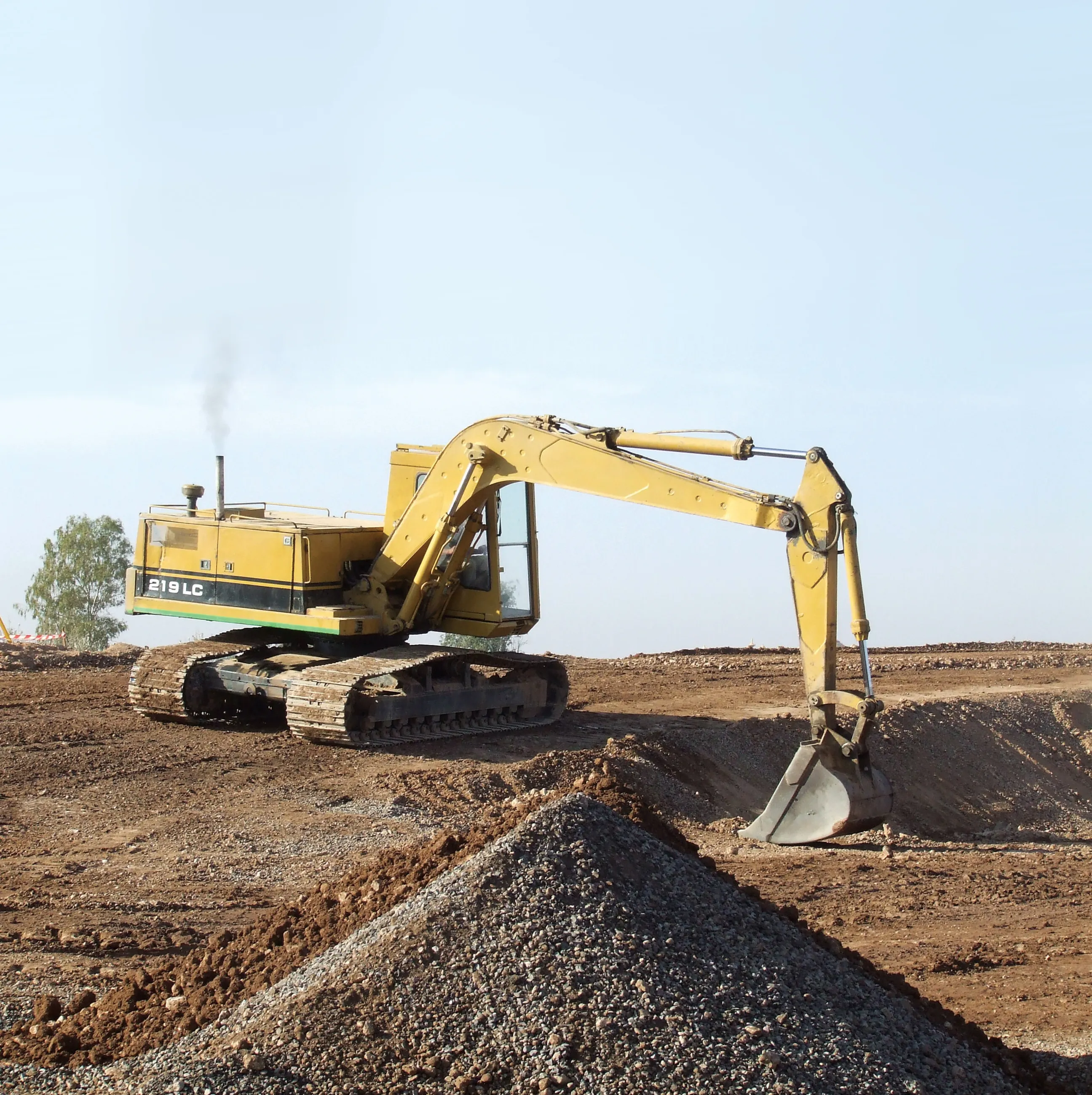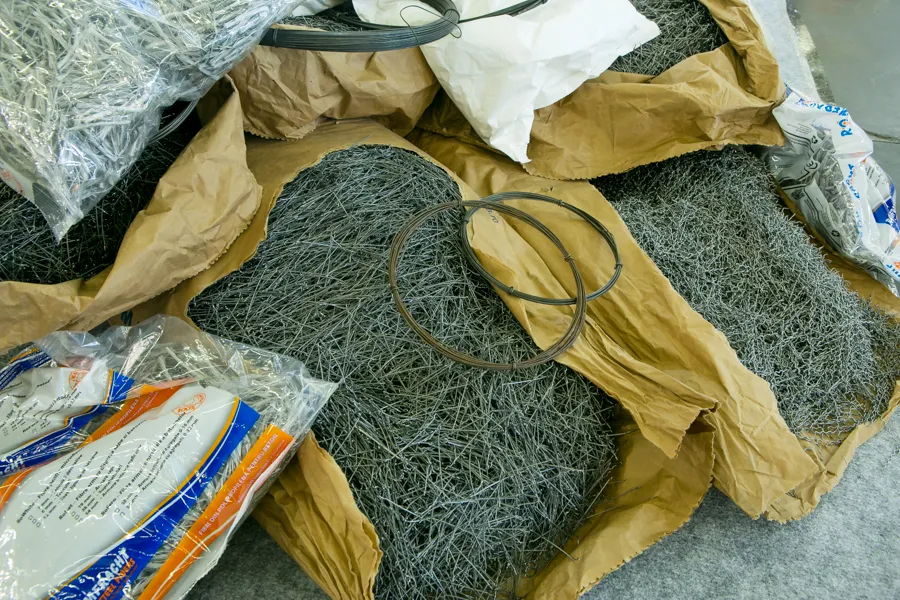TMP’s new Spectralyte fibre composite signposts, lighting columns and LED illuminated posts, aimed at improving road safety, are compliant with European regulations having been crash and strength tested for every type and dimension of post and come with full CE certification.
February 28, 2012
Read time: 1 min










